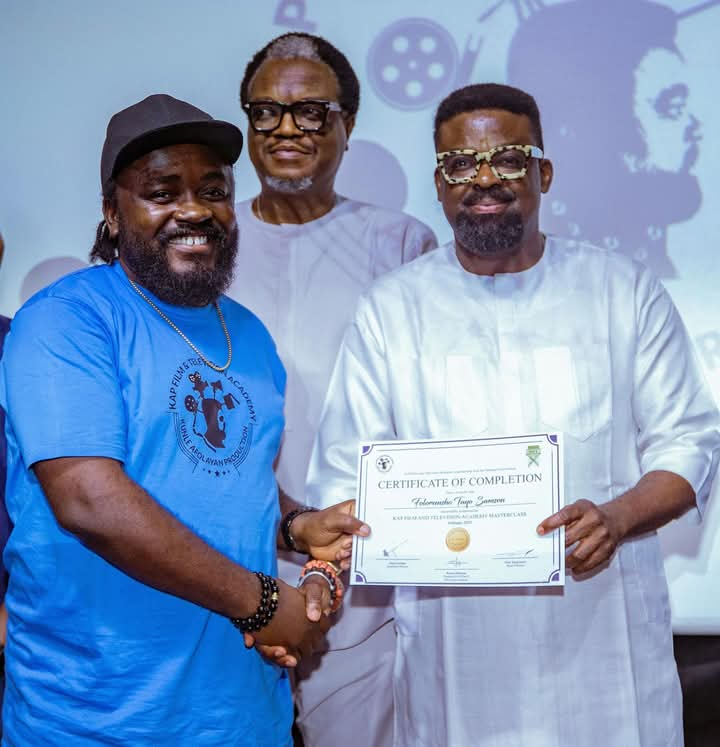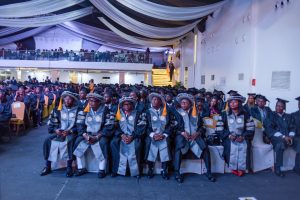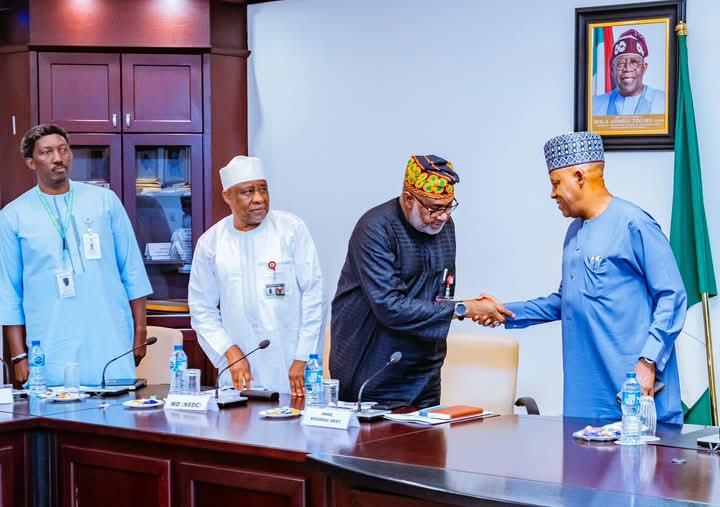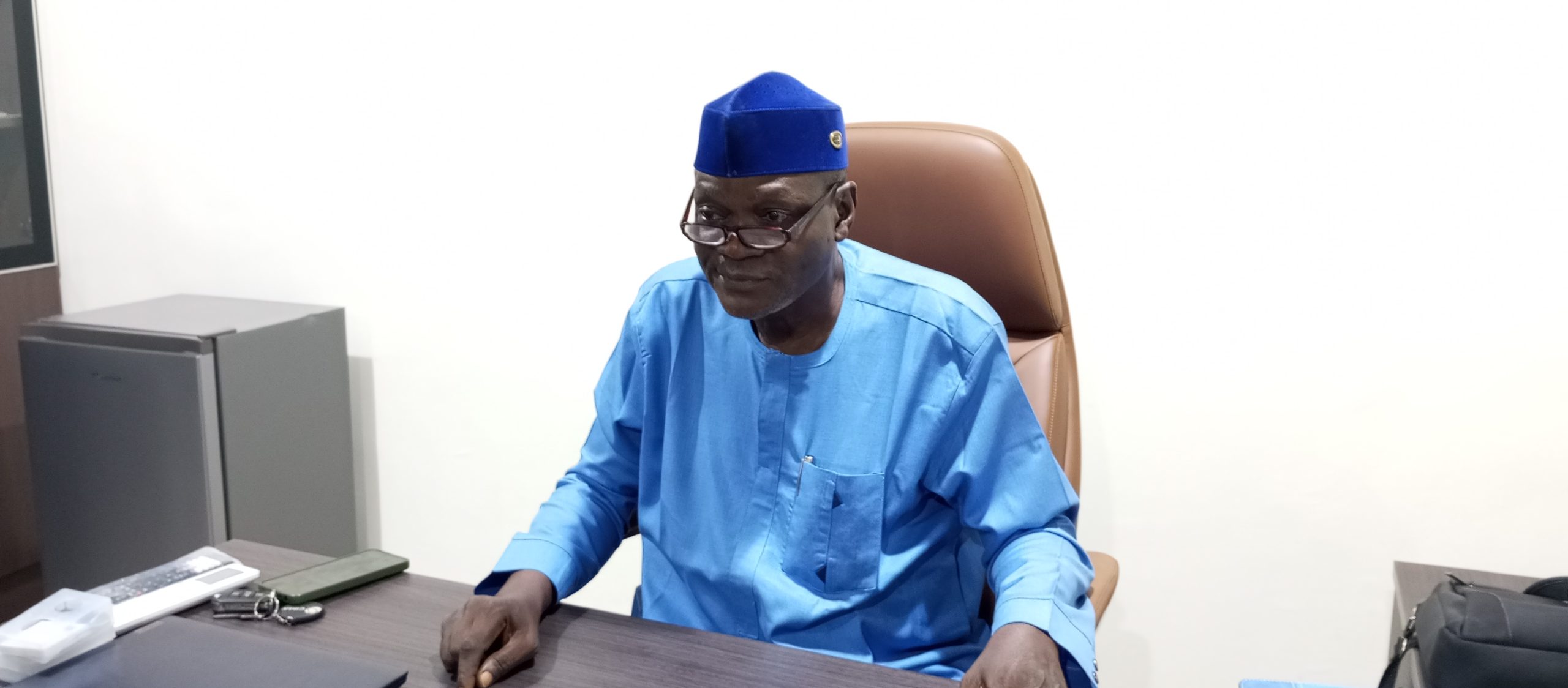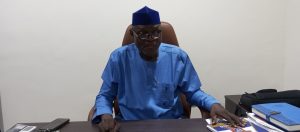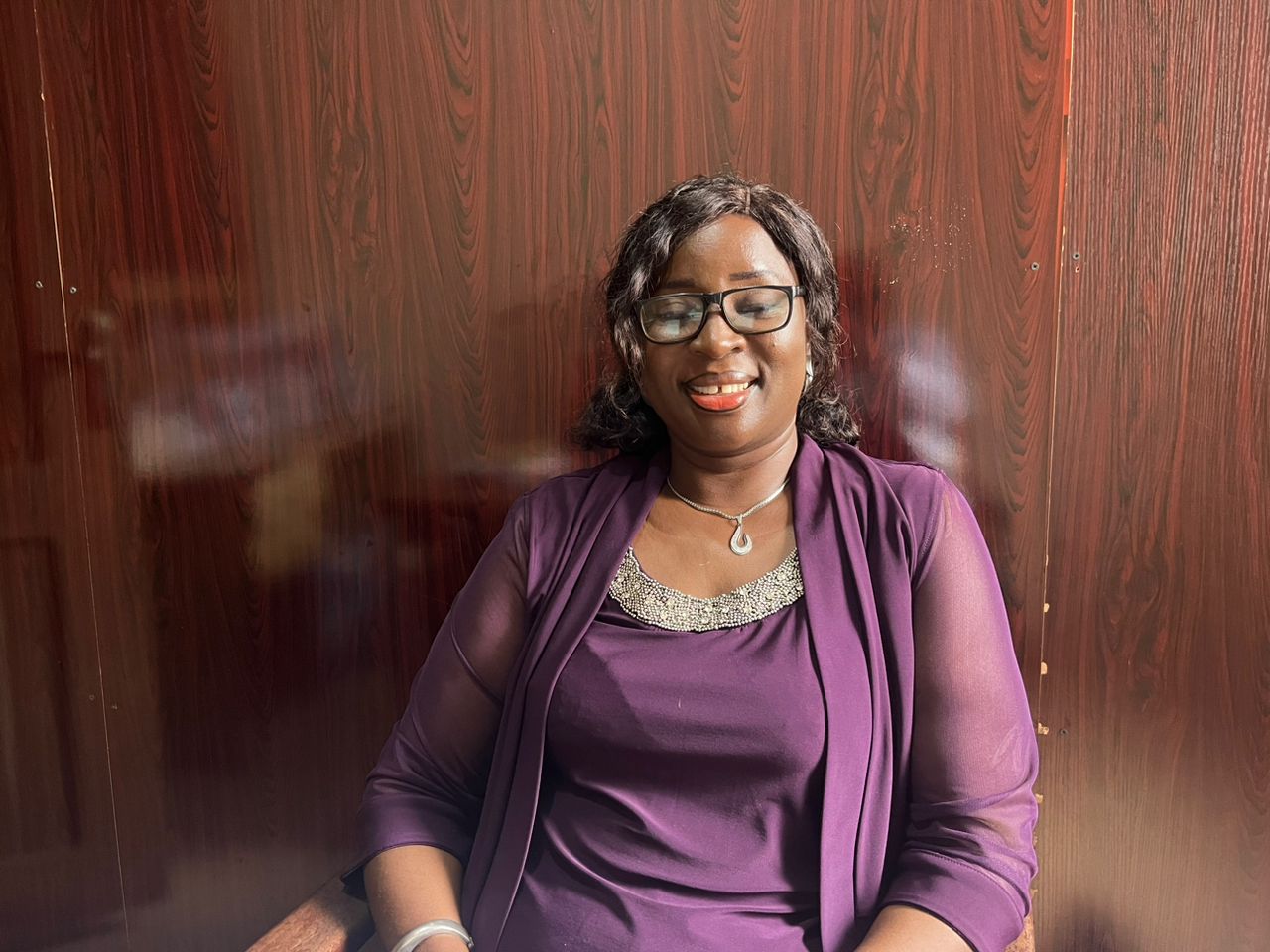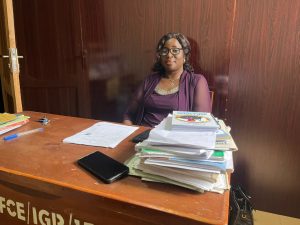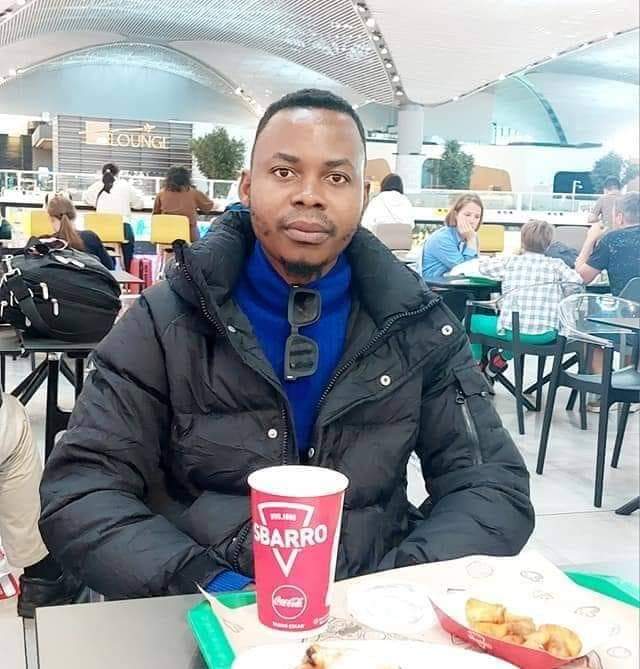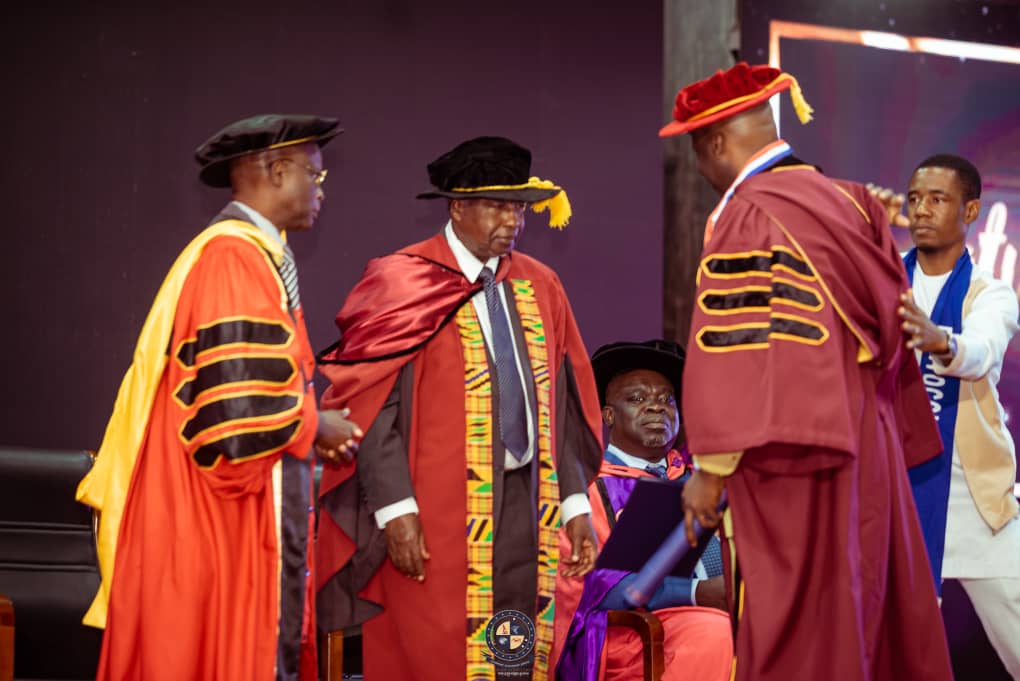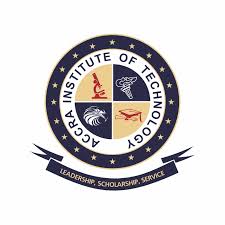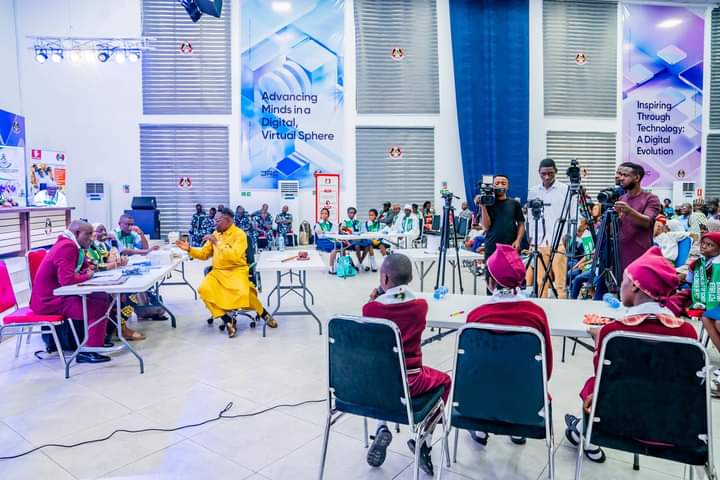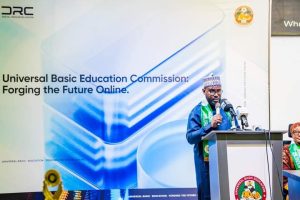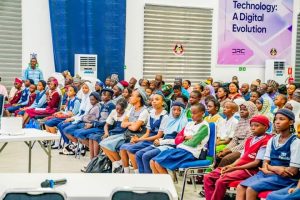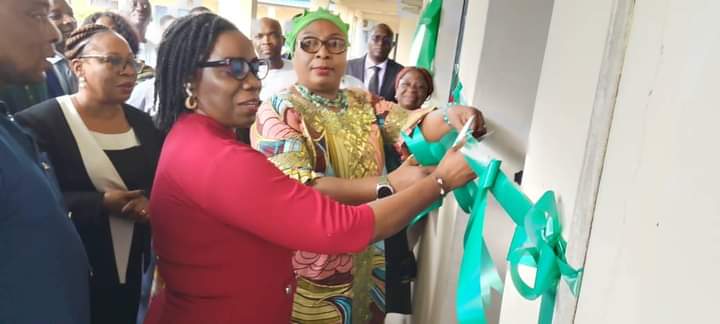Nollywood, Africa’s largest film industry, is witnessing a new wave of transformation as industry professionals seek to refine their expertise and elevate the sector to global standards. In a major development, Tayo Folorunsho, a renowned edutainment entrepreneur and filmmaker, has successfully completed a professional program at the prestigious KAP Film and Television Institute in Lagos.
As the Founder of The Big Break Moment Africa. Folorunsho has been instrumental in bridging education and entertainment, empowering young creatives, and shaping the future of Nollywood. His latest academic pursuit signals a shift towards business-driven filmmaking, which is crucial for Nollywood’s sustainability and competitiveness on the global stage.
Speaking on his motivation for enrolling at KAP, Folorunsho emphasized the need for filmmakers to go beyond creativity and embrace the business aspects of filmmaking.
“I was desirous of knowing the rudimentary part of the business aspect of filmmaking, beyond just creativity. Nollywood is expanding, and for it to remain competitive globally, we need to understand the financial and structural backbone of the industry. I got that knowledge here at KAP, and I am thoroughly impressed,” he stated.
With Nollywood ranking as the second-largest film industry in the world by output, industry stakeholders are increasingly focusing on enhancing production quality, securing better distribution models, and maximizing revenue streams. Folorunsho’s training at KAP has provided him with the tools to navigate the evolving landscape of global entertainment, positioning him as a key player in Nollywood’s next growth phase.
“This is a milestone for me. It has prepared me to be an all-around movie executive, not just a filmmaker. The experience at KAP has provided me with an A-to-Z understanding of movie-making, positioning me to contribute meaningfully to Nollywood’s future,” he added.
Folorunsho’s graduation reflects a growing trend in Nollywood, where professionals are seeking formal education to refine their craft and improve the industry’s global reputation. With streaming platforms like Netflix and Amazon Prime increasing their investment in Nollywood content, there is a greater demand for well-structured, high-quality productions that meet international standards.
As Nollywood expands its influence beyond Africa, the industry must adopt sound business models, better intellectual property protection, and strategic partnerships to maximize its potential. Folorunsho, through his works, The Big Break Moment Africa, is at the forefront of this new movement, inspiring and mentoring emerging creatives.
With his newfound expertise, Folorunsho is expected to spearhead innovative film projects, edutainment initiatives, and strategic collaborations that will shape Nollywood’s future. His approach to filmmaking—one that blends creativity with business intelligence—sets a new standard for how Nollywood professionals should position themselves in a rapidly evolving industry.
As the Nigerian film industry continues to gain recognition on the global stage, leaders like Tayo Folorunsho are proving that education, innovation, and strategic business knowledge are essential to Nollywood’s long-term success. His recent achievement is not just a personal milestone but a testament to Nollywood’s ongoing transformation into a world-class entertainment powerhouse.

